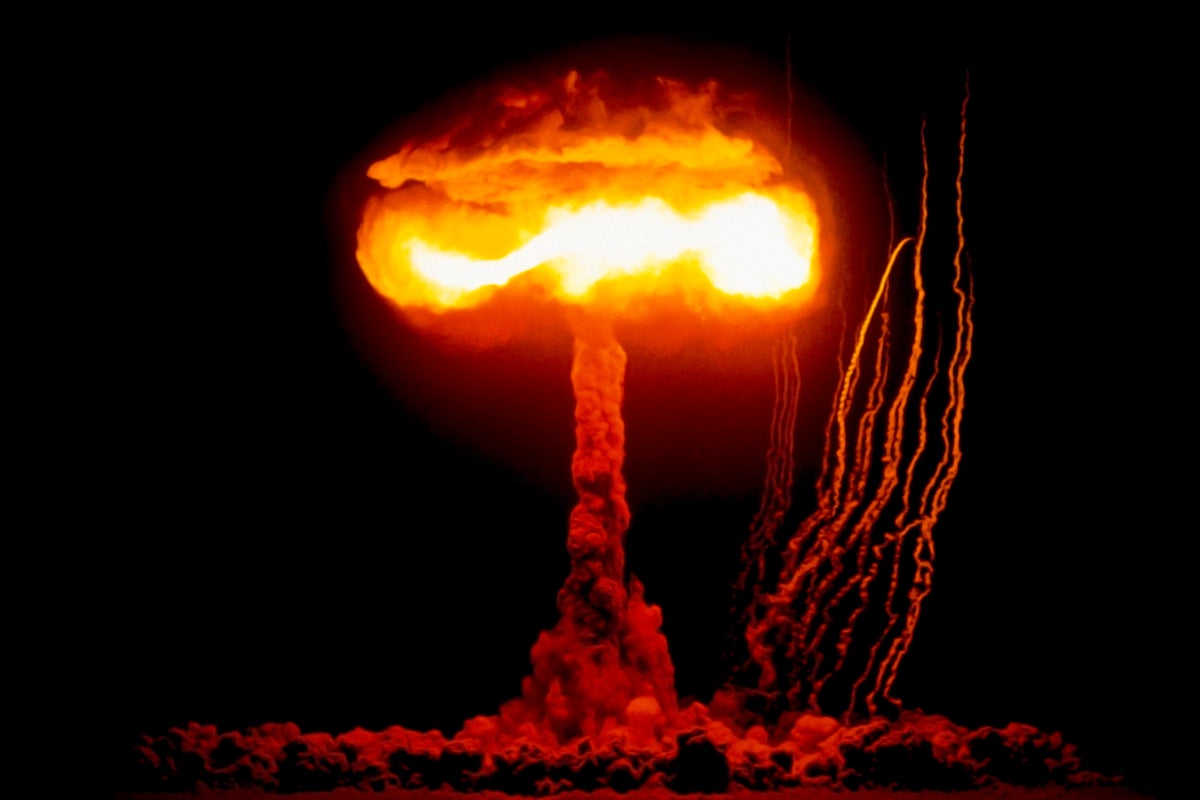(image credit: Flickr)
The UN General Assembly voted overwhelmingly last week in favor of launching a two-year study on the effects of nuclear war—the first such expert study the UN has pursued since the 1980s. A total of 144 UN member states, including only one nuclear power, China, voted in favor. Some important NATO members also voted in favor of the resolution, including Germany, Italy, the Netherlands, Norway, and Greece. Russia, France, and the United Kingdom voted against the resolution, while other nuclear states, including the United States, abstained.
The resolution “Nuclear War Effects and Scientific Research,” sponsored by Ireland and New Zealand and co-sponsored by 30 countries, was submitted in mid-October at the UN General Assembly’s First Committee on Disarmament and International Security. The effort includes establishing an independent panel of scientific experts tasked with reviewing and commissioning relevant studies and publishing a comprehensive report that includes future research needs relating to the impacts of nuclear war.
Not every country sees a need for a new study.
The United Kingdom, France, and Russia did not provide official statements explaining their votes against the resolution at the United Nations. “Nuclear war would have devastating consequences for humanity. We don’t need an independent scientific panel to tell us that,” a UK Foreign Office spokesperson told The Guardian, adding, “The UK remains fully committed to its obligations under the nuclear non-proliferation treaty (NPT). The resolution does not advance this cause.” (Article 6 of the NPT includes disarmament-related obligations of the five nuclear weapons states, as well as all non-nuclear weapons states.)
Zia Mian, a physicist at Princeton University and one of the most active proponents of the UN resolution, disagrees. “There was a UN study on nuclear war in the 1960s, another one in the 1970s, and then one in the 1980s, and nothing since,” Mian told the Bulletin. This happened “despite decades of scientific work on these issues and the great changes that have taken place in nuclear arsenals, global society, and economy,” he recently explained in an article for First Committee Monitor, an independent outlet providing analyses on the UN General Assembly First Committee on Disarmament and International Security.




